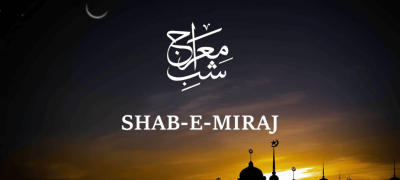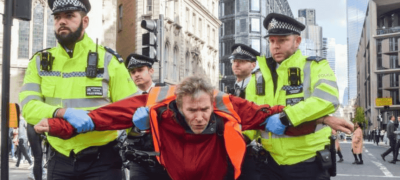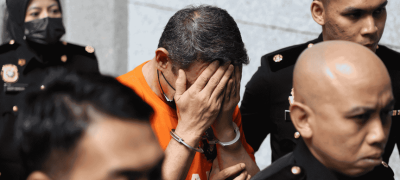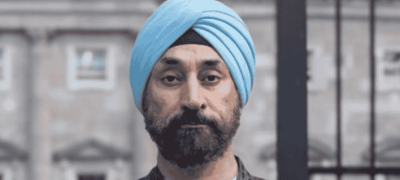The Indian Ministry of Defence has officially transferred the authority to manage illegal content related to the military on social media to the armed forces. This strategic move is intended to enhance the military’s responsiveness to online content deemed unlawful, allowing for faster action against misinformation and potentially harmful material.
A senior military officer from the Additional Directorate General of Strategic Communication has been designated as the “nodal officer” responsible for this new role. This official can now issue notices to social media platforms under Section 79(3)(b) of the Information Technology Act, demanding the removal of content related to the Indian Army.
Also Read: TikTok Star Minahil Malik Quits Social Media Following Video Controversy
Previously, the Indian Army depended on the Ministry of Electronics and Information Technology (MeitY) to handle the removal of illegal content, a process that often proved slow. The new directive aims to streamline this procedure, enabling the armed forces to act more swiftly against misinformation, especially from accounts believed to be connected to hostile entities.
According to military sources, this notification empowers the Additional Directorate General to identify unlawful content and issue takedown notices directly to social media intermediaries. While the companies are tasked with determining their response to these notices, this change is expected to facilitate quicker responses to immediate threats against national security and the army’s reputation.
Under Section 79 of the IT Act, social media intermediaries can claim safe harbor protections from liability for third-party content. However, these protections can be revoked if the intermediaries fail to act upon a notice from an appropriate government authority. Despite the expanded powers granted by the October 24 notification, reports indicate that no new requests have been issued since then.
Legal experts have raised concerns about the ambiguity surrounding Section 79(3)(b), suggesting it complicates the landscape regarding who has the authority to direct content removal and the underlying reasons for such actions.









